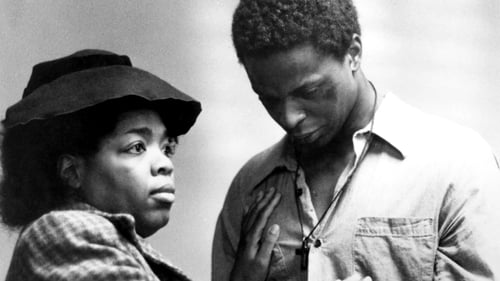Richard Wright
Birth : 1908-09-04, Roxie, Mississippi, USA
Death : 1960-11-28
History
His powerful, eloquent work examined the injustices African-Americans face in a white society. He won immediate fame for his first novel, "Native Son" (1940). It tells the story of Bigger Thomas, a young chauffeur whose inarticulate rage over his lot ultimately erupts into violence. "Native Son" was adapted into a play directed by Orson Welles in 1941, filmed in 1951 with Wright himself playing Bigger, and again in 1986. Wright's other books include "Black Boy" (1945), an autobiography; the novels "The Outsider" (1953) and "The Long Dream" (1958); the story collections "Uncle Tom's Children" (1938) and "Eight Men" (1961); and the philosophical volumes "Black Power" (1954) and "White Man, Listen!" (1957). Richard Nathaniel Wright was born near Natchez, Mississippi. Largely self-educated, he began to write after moving to Chicago around 1927. He was a member of the Communist Party from 1932 to 1944; he later wrote of his disillusionment with that system in "The God That Failed" (1949), a collection of essays by former party members. Wright lived in Paris from 1946 until his death. A second book of memoirs, "American Hunger," was published posthumously in 1977.





